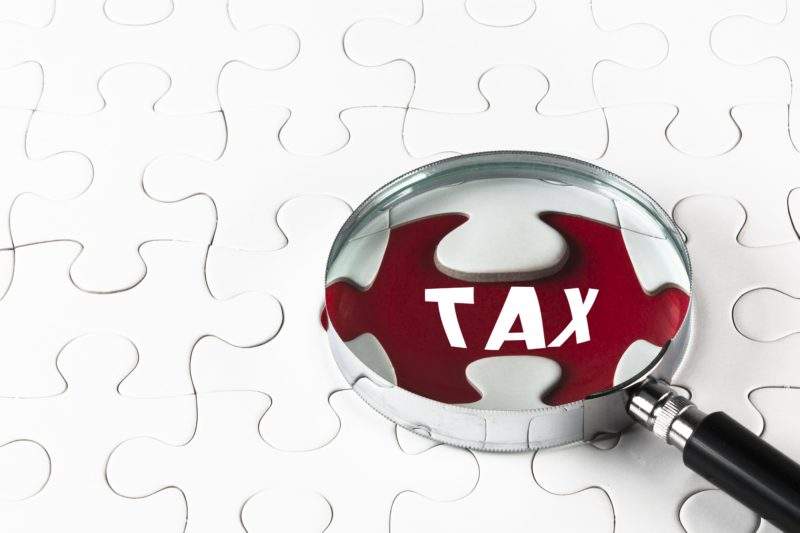President Emmanuel Macron’s decision to ease the wealth tax will receive a warm welcome from French millionaires. However, the government should not expect immediate repatriation of offshored wealth, according to GlobalData Financial Services
French individuals with estates worth above €1.3m ($1.37m) are currently subject to wealth tax at rates varying from 0.5% to 1.5% of net assets. This generally unfriendly tax environment has been driving assets out of the country.
As discussed in GlobalData’s Wealth in France: HNW Investors 2017 report, interest in tax planning is high among French HNW individuals. Of 22 countries surveyed by the company, only wealth managers in Hong Kong record stronger demand for tax advice.
Seeking tax efficiencies is by far the main reason why millionaires resident in France decide to offshore some of their wealth.
Many have gone so far as to relocate to Belgium, the UK, and even Russia to reduce their tax bills.
In an effort to encourage HNW individuals (and their wealth) to come home and support the French economy, President Macron has announced that in 2018 the wealth tax will cover only real estate, rather than the entire estate.
But while millionaires’ reaction to such a decision will undoubtedly be positive, it is unlikely to trigger a massive and immediate inflow of currently expatriated wealth. When structuring estates to benefit from perks offered by different jurisdictions wealth managers execute plans aimed at the long term, taking into account more than just tax.
In addition, French governments have a history of fiddling with the wealth tax. In 2012 President Nicolas Sarkozy cut tax rates, but only a few months later his successor, Francois Hollande, increased them again.
Now history seems to be repeating itself. It took less than two weeks for President Macron’s administration to propose an amendment to the 2018 budget to tax luxury yachts, cars, and precious metals.
Millionaires will still be better off than under previous rules, but they might feel as though someone is taking them on a rollercoaster ride they did not sign up for.
In the end, the whole situation is likely to have the opposite effect to that hoped for by the government. Political instability has historically been a bigger driver for offshoring wealth in emerging economies such as Russia and African countries, but it is still a factor in mature markets such as France.
The French government’s erratic behavior will make HNW individuals think twice before deciding to repatriate their assets to their home country, because for them there is nothing worse than uncertainty. The only parties almost certain to benefit from the situation are wealth managers and tax advisors, as demand for their services will only increase.
.







